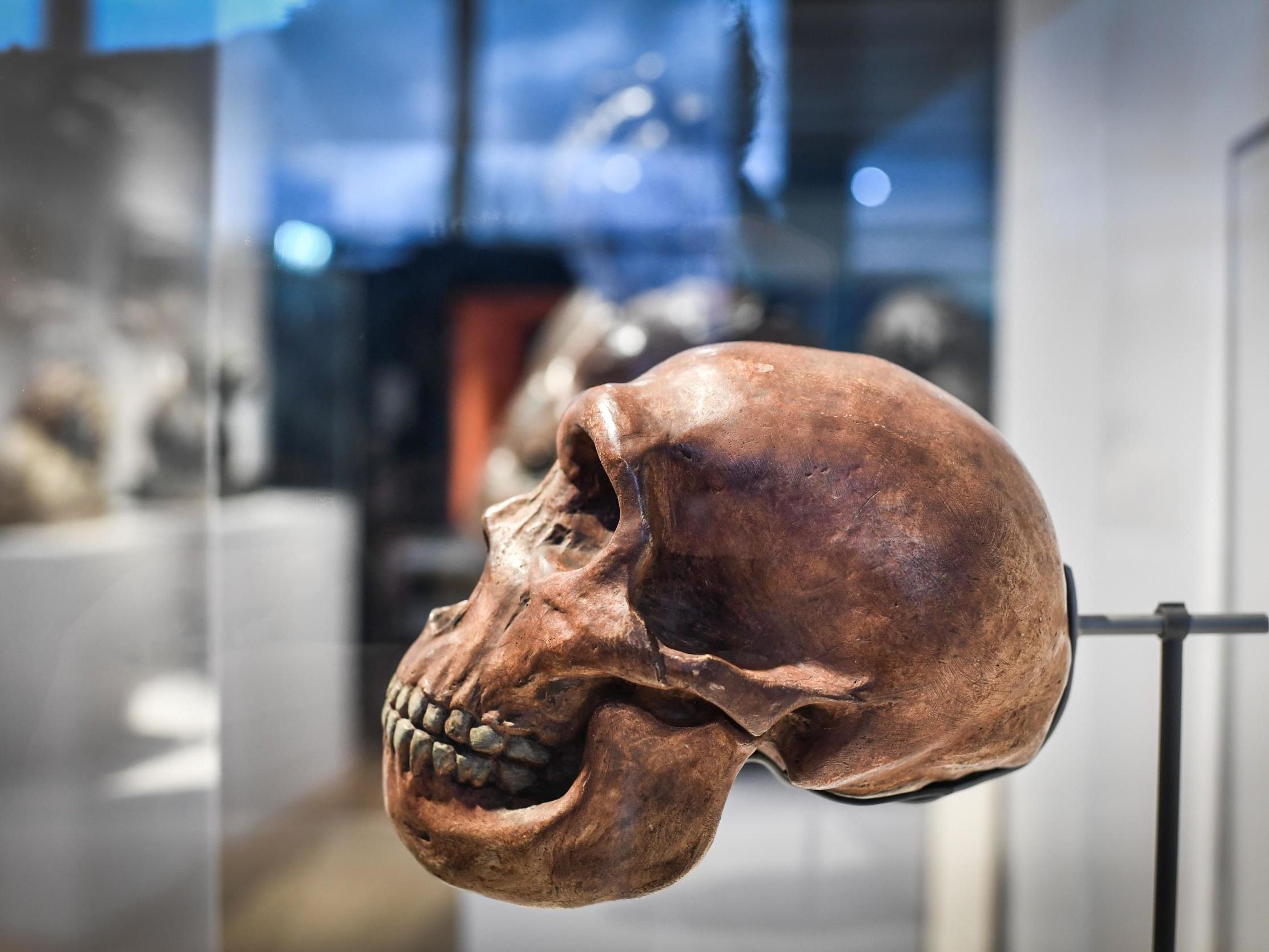Scientists uncover evidence of mysterious ‘ghost population’ of ancient humans
Researchers 'do not have a clear identity for this archaic group' but believe it may have split from ancestors of Homo sapiens 625,000 years ago

Scientists have found evidence of a “ghost population” that lived in Africa around 500,000 years ago and are genetically linked to modern-day humans.
The existence of the mysterious ancestor was uncovered by researchers who were studying the genes of four West African populations.
Up to 19 per cent of human's genetic ancestry could come from this ancient population, according to their estimates.
However, the identity of these archaic humans – early species of humans which are now extinct - is unclear.
“That is why we use the term ‘ghost',” Sriram Sankararaman, one of the researchers, told radio station NPR.
Scientists know Neanderthals and Denisovans - other archaic humans – contributed to the genetic make-up of modern day man outside Africa
However, “the contribution of archaic hominins to the genetic variation of present-day Africans remains poorly understood,” researchers wrote in an article published in the journal Science Advances.
Mr Sankararaman and fellow researcher Arun Durvasula said: “Our analyses provide support for a contribution to the genetic ancestry of present-day West African populations from an archaic ghost population.”
It is believed the mysterious ancient species may have split from the ancestors of Neanderthals and modern humans around 625,000 years ago, and then bred with the ancestors of modern west Africans thousands of years later.
The scientists from the University of California analysed the genes of four populations: two from Nigeria, one from Sierra Leone and another from Gambia.
Their breakthrough follows the ancestral home of all humans being discovered by scientists last year.
The earliest Homo sapiens - the only surviving human species – were traced back to an area of northern Botswana around 200,000 years, according to a research paper published in the journal Nature.
Subscribe to Independent Premium to bookmark this article
Want to bookmark your favourite articles and stories to read or reference later? Start your Independent Premium subscription today.

Join our commenting forum
Join thought-provoking conversations, follow other Independent readers and see their replies